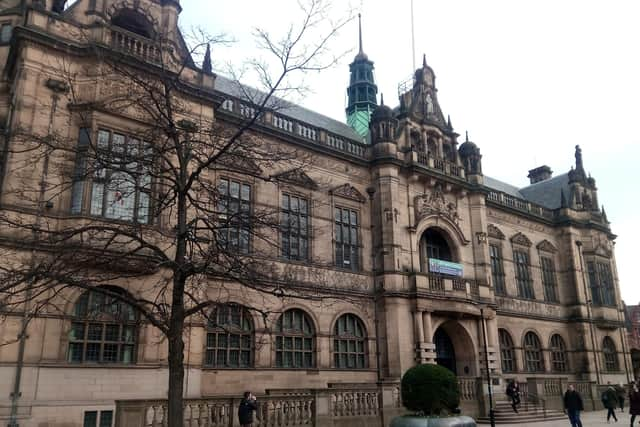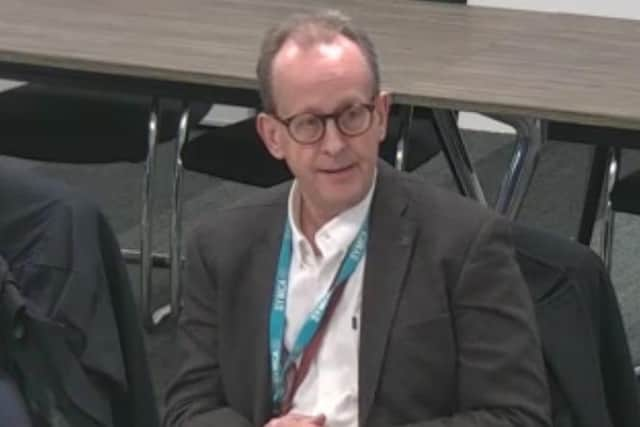Sheffield Council has suffered 27 per cent cut in government funding, says campaign
and live on Freeview channel 276
SIGOMA, the Special Interest Group of Municipal Authorities, says that its research shows that, on average, the top 10 per cent of poorest councils in England have received a 28.3 per cent cut in funding since 2010.
In contrast, the top richest 10 per cent of councils have received only a 10.1 per cent cut on average during the same period.
Advertisement
Hide AdAdvertisement
Hide AdGovernment funding represented more than 55 per cent of council’s core spending power in 2013-14 but now represents just 37 per cent, says SIGOMA.


At the same time, the percentage of council funding from local revenue – such as council tax – has increased to more than 62 per cent in 2023 as local authorities try to plug the funding gap, an increase of almost 18 per cent since 2013, when it was 45 per cent of funding.
Sheffield is the hardest hit of the four South Yorkshire authorities. The figures show a 23.1 per cent drop in Barnsley, a 25.8 per cent decrease in Doncaster and a fall of 22 per cent in Rotherham.
SIGOMA says that in 2013-14 the government paid £4.9 billion more in grants than councils handed over in business rates.
Overall fall


Advertisement
Hide AdAdvertisement
Hide AdBy 2023, the overall fall in funding meant councils will receive £4.5 billion less than will be raised from business rates – a reversal of some £9.4 billion – says the campaign.
It argues that the switch from direct grants to local taxes means the reduction has a lower impact on the wealthiest areas, which rely less on grant funding and can raise more from council tax, business rates and other local funding sources.
Campaign chair Coun Sir Stephen Houghton of Barnsley Council said the structures that support the fair distribution of funds raised through taxation have been replaced by ones that tend to reward high-value housing stock and a large and thriving business rate base.
This has resulted in an increased disparity between the wealthiest areas of England which rely less on grant funding and can raise more from council tax, business rates and other local funding sources.
Advertisement
Hide AdAdvertisement
Hide AdThe business rate retention system was first introduced in April 2013. It allows councils to retain up to half of the revenue raised from business rates in their local area, with the remainder retained centrally by the Government and used to provide grant funding for local authorities.
Review delay
Coun Houghton added that the current policy has been a failure and directly hurts council funding pots. A planned review of the system scheduled for 2020 has now been delayed until 2025.
He said: “Failure to reset business rates growth has unfairly disadvantaged the poorest councils over the last three years. The system needs serious reform. Reversing the trends will not happen overnight and we need to introduce a new model that reforms local Government finance to create a fairer funding system.”
“The poorest areas have seen the biggest cuts and for ‘levelling up’ to mean anything the Government should be looking to reverse these cuts and create a funding formula that (allocates) funding according to council needs.”